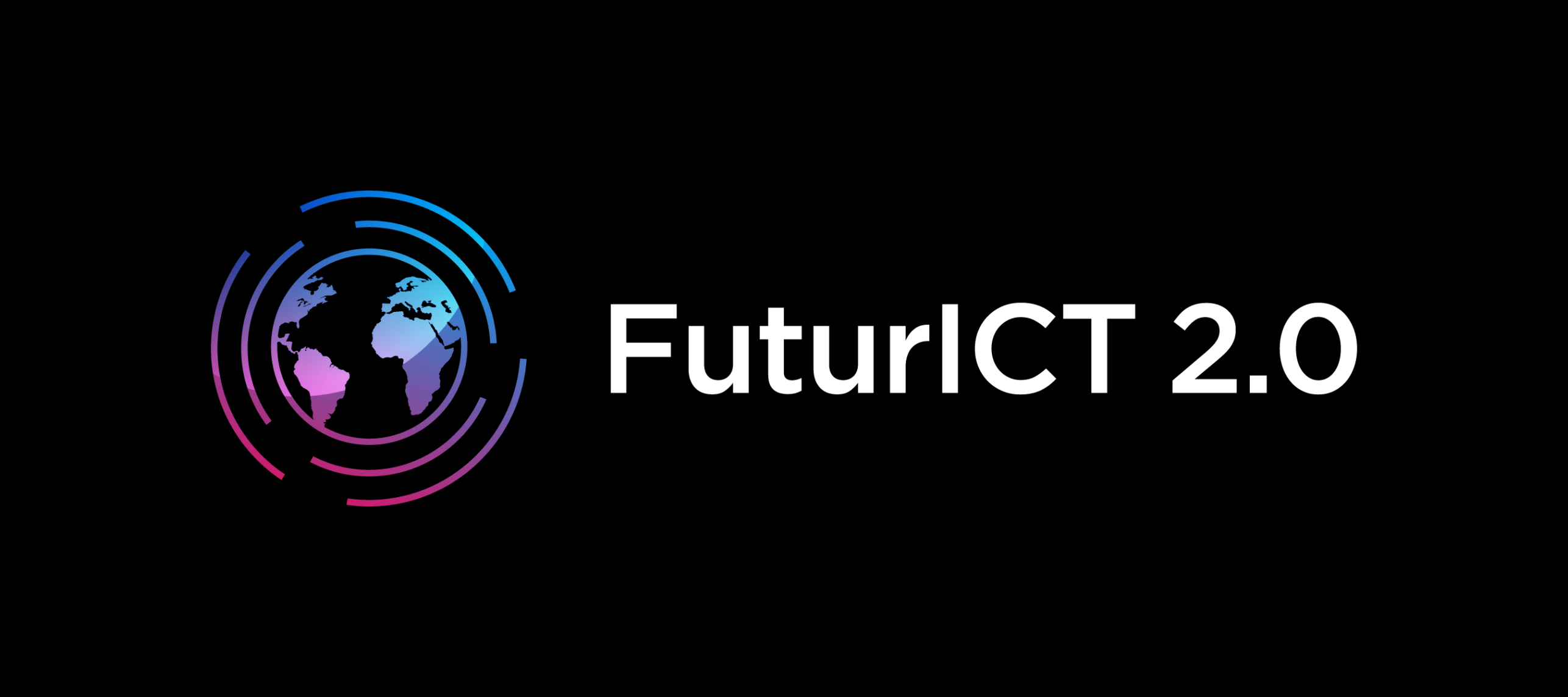Finance 4.0

Contact Person: Professor Dirk Helbing
Duration: 01. February 2017 - 31. January 2021
(please see FuturICT 2.0)
Website: external page http://www.finfour.net/
These books:
external page https://www.springer.com/gp/book/9783030713997,
external page https://link.springer.com/book/10.1007/978-3-030-71400-0
Description: A new socio-ecological financial system
This project developed the framework of a novel, socio-ecological finance system that enables the incentivization of environmentally friendly behavior, socially responsible production, resource recycling, sharing and more. We call this system Finance 4.0—where Finance 1.0 refers to a physical coin-based system, Finance 2.0 to a fiat currency system, Finance 3.0 to blockchain finance, while Finance 4.0 stands for a multi-dimensional, real-time feedback system that combines blockchain technology with the Internet of Things. Instead of “Finance 4.0,” we will also often use the abbreviation “FIN4.”
In comparison with citizen scores such as the Chinese social credit score, the FIN4 approach is different in a variety of aspects:
- FIN4 is not aimed at punishment and control, but rather at helping to encourage, empower and coordinate sustainable and other favorable action.
- It is being built for local, temporary measurements and feedback, not for global surveillance and control.
- It seeks to protect the privacy of people rather than to keep information about everyone and every action forever.
- It is not focused on the individual in the sense of profiling and targeting, but on favorable interactions and our social and environmental goals.
- It offers a multi-dimensional choice of options instead of trying to determine every individual’s action through behavioral manipulation and control.
- It has a participatory opt-in nature, where people can co-create the incentive system in such a way that they can reach their goals more successfully.
- With multi-dimensional incentivization, it becomes possible to advance several goals simultaneously; thereby, many more people can benefit from the interactions they engage in, as multi-dimensional value exchange increases the solution space enormously.
Contact
Computational Social Science
Stampfenbachstrasse 48
8092
Zürich
Switzerland
